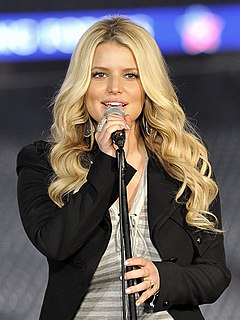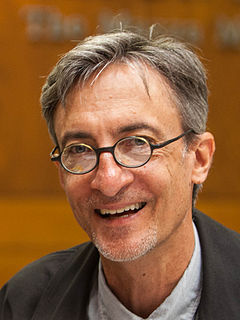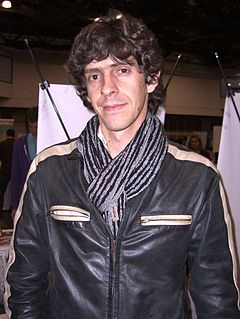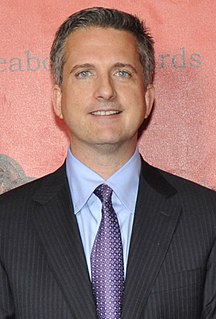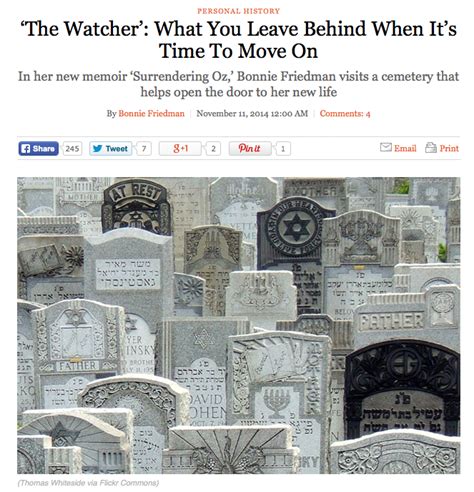A Quote by Anne Fadiman
To use an electronics analogy, closing a book on a bookmark is like pressing the Stop button, whereas when you leave the book facedown, you've only pressed Pause.
Related Quotes
You will want a book which contains not man's thoughts, but God's - not a book that may amuse you, but a book that can save you - not even a book that can instruct you, but a book on which you can venture an eternity - not only a book which can give relief to your spirit, but redemption to your soul - a book which contains salvation, and conveys it to you, one which shall at once be the Saviour's book and the sinner's.





